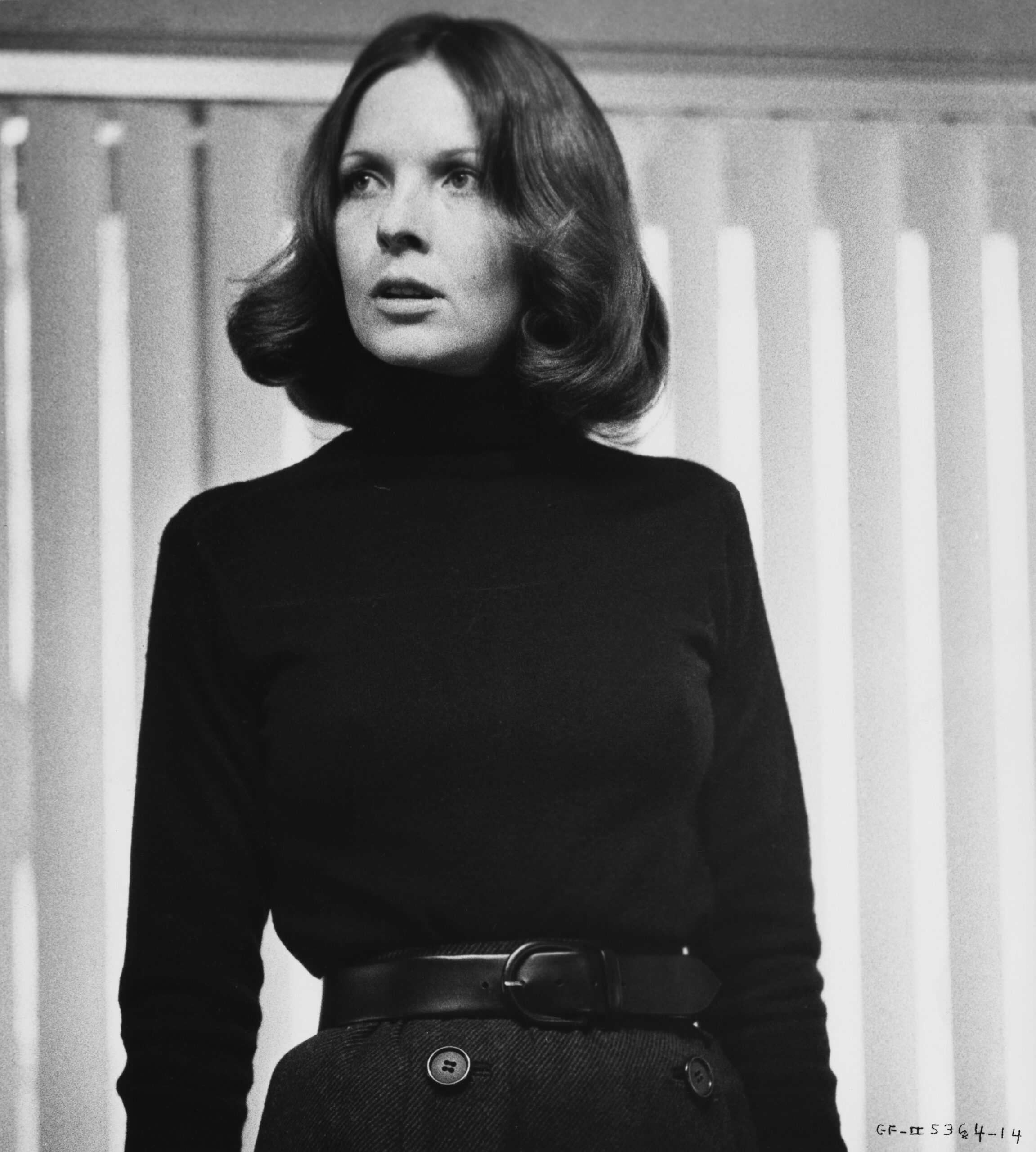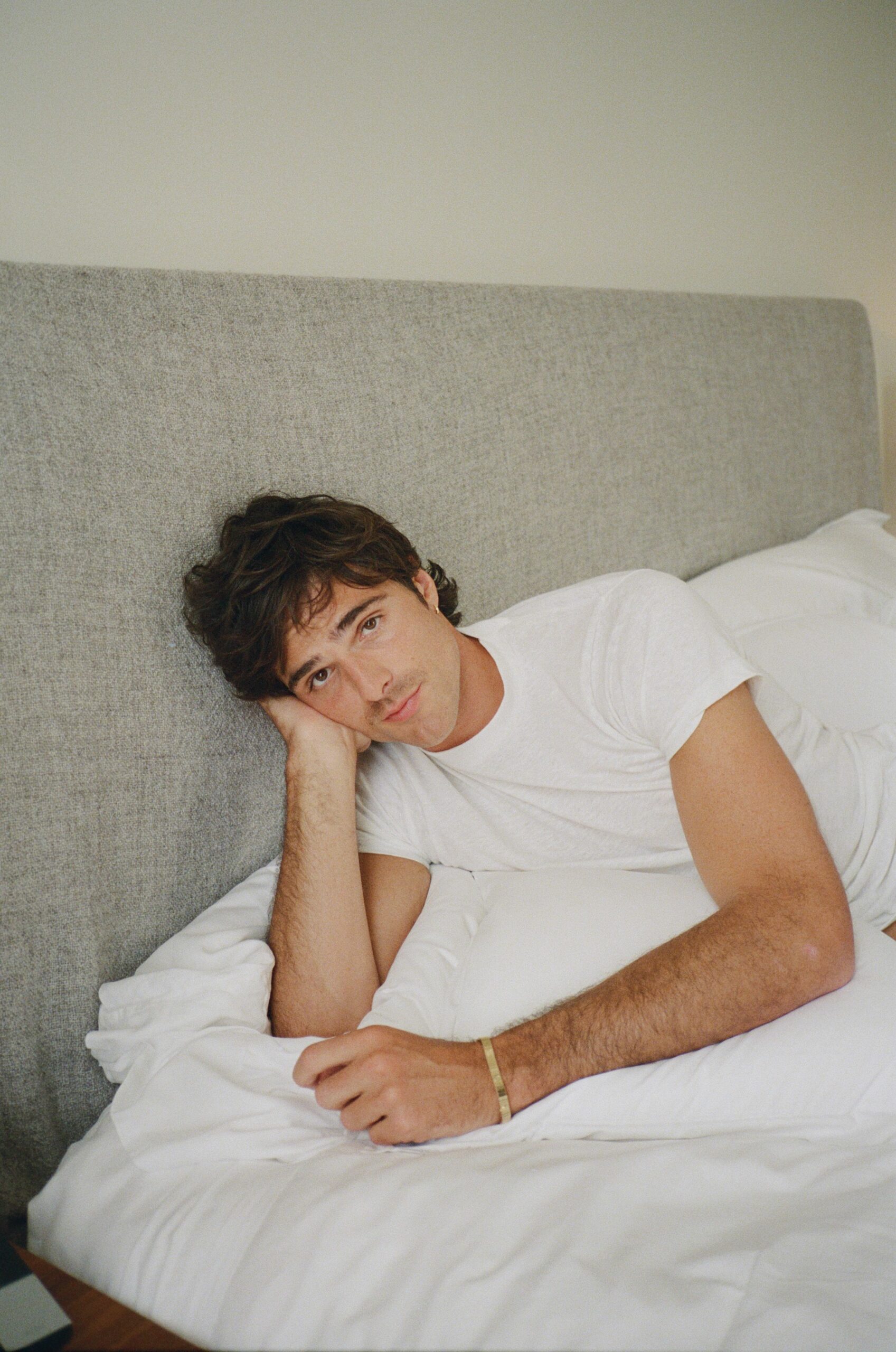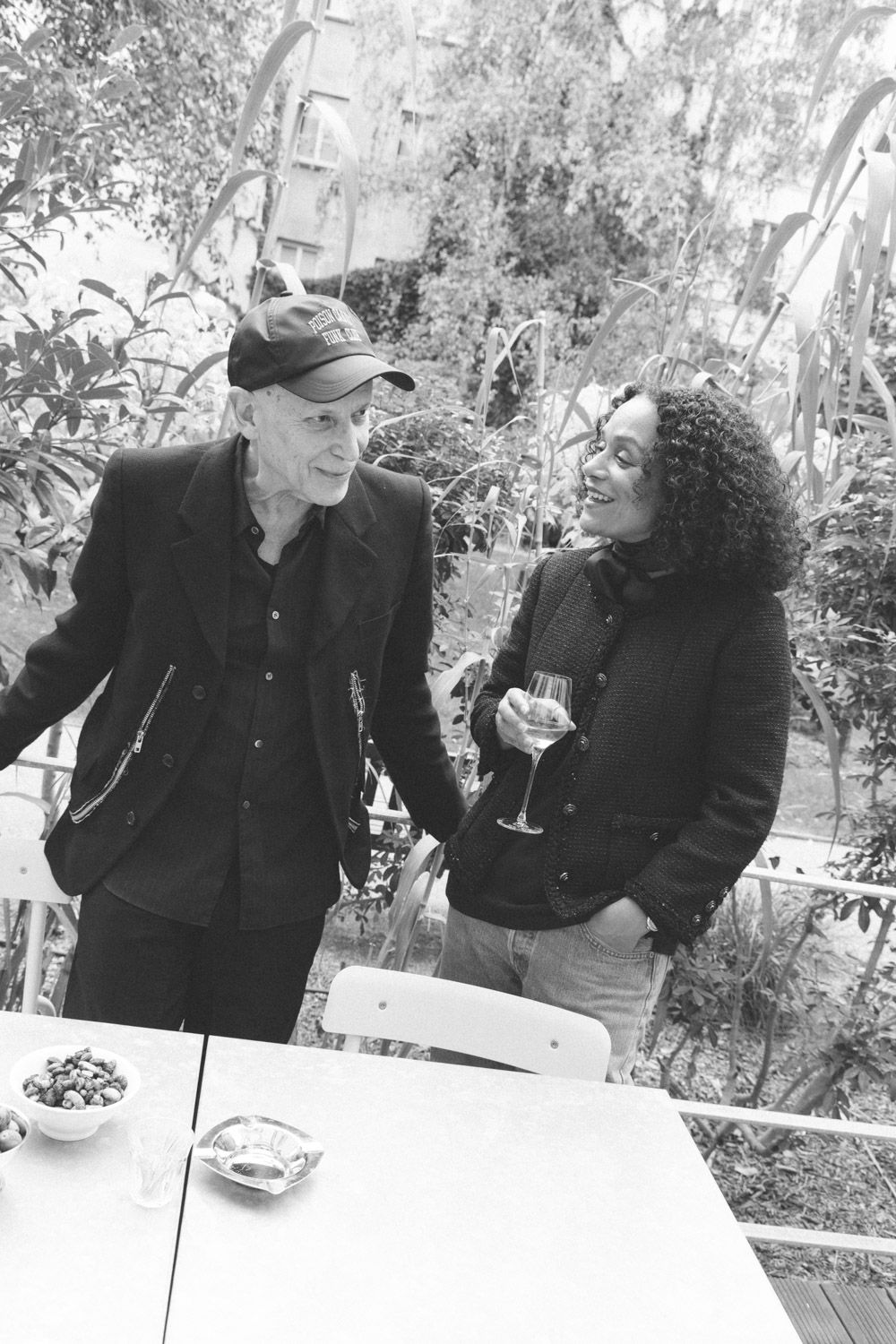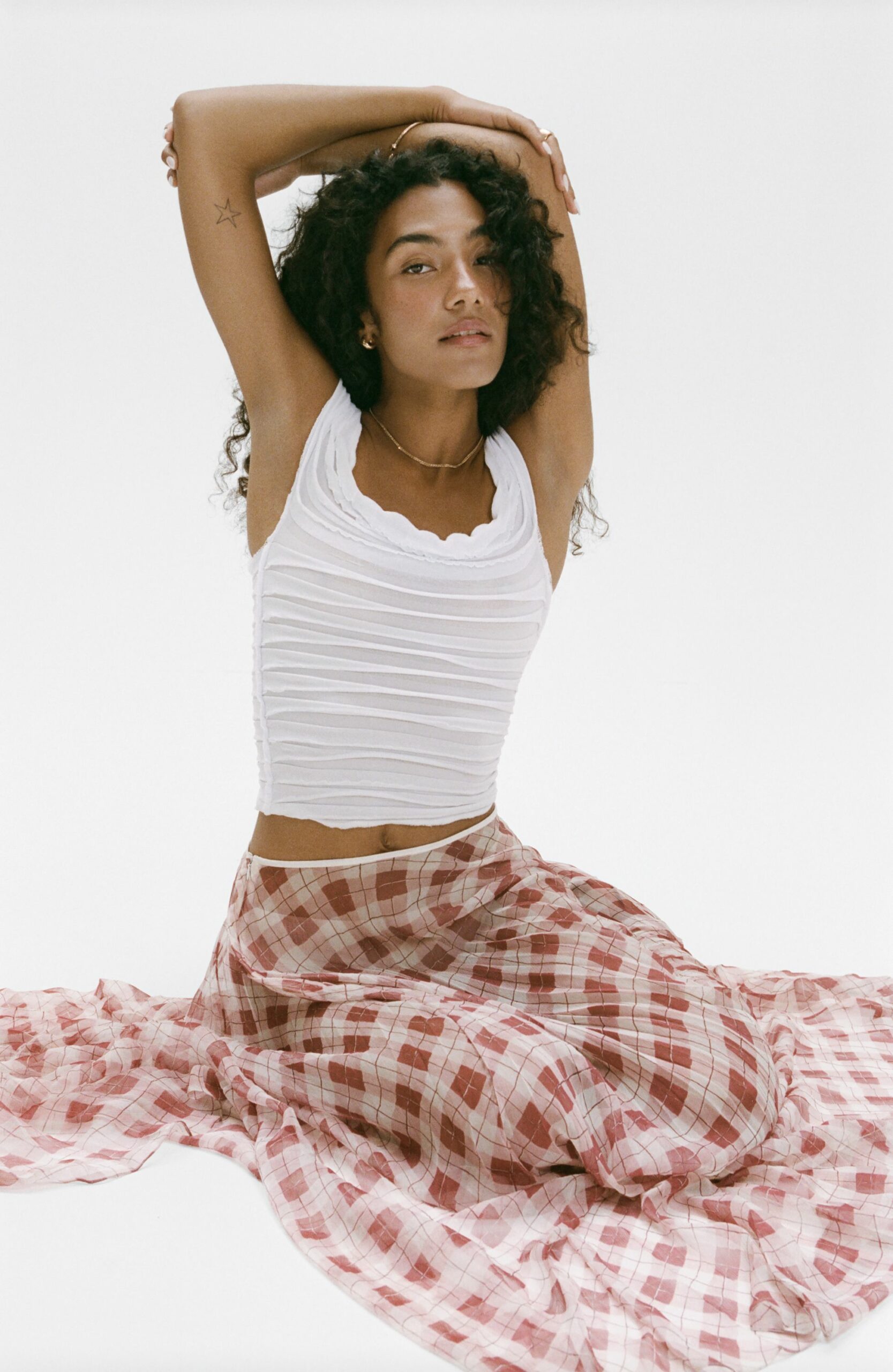Diane Keaton’s Unexpected Farewell at 79: What We’ve Lost Beyond the Spotlight
Diane Keaton has left the stage for the final time, and honestly, it feels like the end of an era that’s been playing out in slow motion for decades. Can you imagine a world where the quirky charm of Annie Hall never graced the silver screen? The 79-year-old icon, who began life as Diane Hall in sunny California, rose from Broadway hopeful to Hollywood legend, reshaping what it means to be a leading lady with every role she took on. From sharing the spotlight with Al Pacino in The Godfather to redefining style and starring in comedies, dramas, and everything in between—Keaton wasn’t just an actress; she was a force of nature. It’s wild to think she even switched her name mid-career because another Diane Hall beat her to it! Talk about destiny nudging you in a certain direction. Her legacy? A stunning blueprint for authenticity, resilience, and reinvention. Curious about the fascinating journey of this timeless star and her mark on Hollywood? Dive in with me. LEARN MORE
Diane Keaton has passed away. At age 79, the beloved actor died in her home state of California, People confirmed today.
Born Diane Hall in 1946, the film star grew up in Los Angeles as the oldest of four children, before moving to New York to pursue a career in theater. Upon realizing there was already a “Diane Hall” registered with Actors’ Equity, she adopted her mother’s maiden name in the mid-1960s and set out for a life on Broadway.
Though she quickly pivoted to film, landing a breakout role in Francis Ford Coppola’s The Godfather (1972) opposite Al Pacino, it was in her stage days that she met Woody Allen, sparking a several decade-long working relationship between the two. After casting her in his theater comedy Play It Again, Sam, the director crafted a role specifically for Keaton—in a film that would cement her as a household name for generations to come.
Annie Hall (1977), which borrowed its leading actress’ childhood name, starred Keaton as the charming, off-kilter girlfriend of Allen’s Alvy Singer. Raising the bar with her unconventional, spell-binding, and Academy Award-winning performance, she redefined what a female lead could be, and, in turn, what an actress could be. From here, she became known not only as an in-demand artist, but as a style icon and role model alike.
Refusing to get typecast, Keaton held a career that spanned genres, mediums, and messages; holding roles in political dramas (Warren Beatty’s 1981 Reds), tragic romances (Gillian Armstrong’s 1984 Mrs. SoffelI), and comedies (1987’s Baby Boom, directed by Charles Shyer and written by Nancy Meyers). In the decade that followed, she gave meaningful performances in The Godfather III (1990), Meyers’ Father of the Bride remake (1991), and The First Wives Club (1996). That same year, she earned an Oscar nomination for her work in Jerry Zaks’ highly emotional Marvin’s Room, where she starred opposite Meryl Streep and Leonardo DiCaprio. In 2003, she won her first Golden Globe since Annie Hall for Meyers’ Something’s Gotta Give.
Along with acting, Keaton worked as a director, writer, and photographer—publishing three bestselling memoirs, working on episodes of television series Twin Peaks, and even directing a music video for Go-Go’s lead singer Belinda Carlisle. In 2017, she was honored with a Lifetime Achievement Award from the American Film Institute, presented to her by Allen. In her final years, she worked on Book Club (2018) and its sequel, Book Club: The Next Chapter (2023) with Jane Fonda and Candice Bergen, starred in Justin Bieber’s “Ghost” music video, designed an affordable eyewear line, and released her own holiday song, “First Christmas” (2024).
























Post Comment